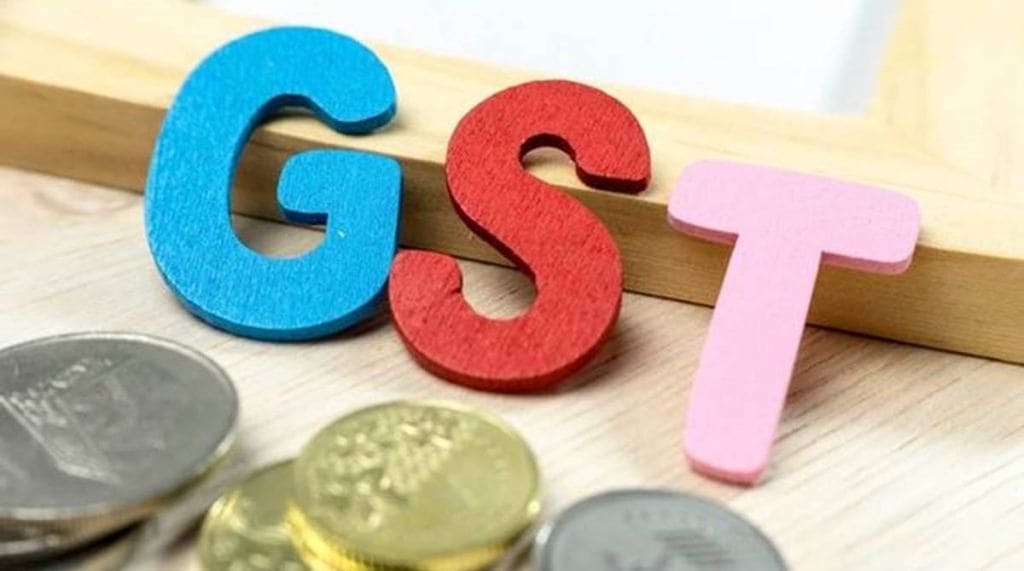The online gaming industry has been one of the fastest growing sectors and contributing towards India’s economic growth by attracting investment into the country and also in terms of generating employment. India is in the phase of becoming the largest online gaming market in terms of volume of users.
The recent release of regulations for online real money games by the Ministry of Electronics and Information Technology (MeitY), aimed at regulating the sector, will further bolster investor confidence resulting in increased investment flow and expansion of the sector. These regulations have been drafted in record speed and has also been published after elaborate industry and other stakeholder consultation. One of the key aspects of the regulation is the authentication mechanism for determining whether the games are skill-based or chance-based. These steps will provide immense clarity to the stakeholders and also help in building a conducive atmosphere for growth of the industry. Similarly, clarity provided around the withholding tax provisions would help reducing undue ambiguity on the taxation guidelines.
While the government has provided substantial clarity from a regulatory and Income Tax perspective, similar steps are awaited in terms of applicability of GST on online gaming. Several players in the industry have already been subject to investigations and some of the matters are already before the higher courts on the question of tax ability and value. In this context, the setting up of Group of Ministers on deliberating the issues faced by the industry was a welcome move. However, conclusions from that GoM have been long pending. In light of the above, there are high hopes being cast on the upcoming 50th GST council meeting, wherein online gaming is one of the agenda items for discussion. It is keenly awaited that the GST Council would provide the much-awaited clarity on the following topics:
* Game of chance vs Game of skill
* Value of supply (i.e. GST to be levied on platform fee or pool money/total contribution)
* Rate of GST (18% or 28%)
Game of Chance vs Game of Skill
The recent draft report of the Group of Ministers (GoM) on Casinos, Race Courses and Online Gaming compares taxation of online games with the GST that is presently applicable on lottery. Such a comparison may not be appropriate because it is a settled position that lottery is purely a game of chance and the winning is based on an individual’s luck and does not require any skill or knowledge. On the other hand, online games such as rummy, cricket, fantasy sports etc are skill-based which need considerable experience, expertise and knowledge of the underlying game, for winning. Another important aspect is that in case of lottery the prize money is fixed irrespective of number of persons subscribing to that lot. Therefore, the contribution of the ticket buyers does not impact or change the quantum of winnings. In case of online games, the prize money is elastic and is a function of the amount of pool money/total contribution collected from the players. Therefore, deciding on taxability of online games by comparing them with lottery may not be most appropriate.
Various judicial pronouncements by the Hon’ble High Courts have also held that game of chance and game of skill need to be distinguished and taxed differently.
Also Read: 6 essential steps to stop overspending and achieve financial goals
Value of supply
There is a discussion to levy GST on the entire value of pool money/total contribution instead of levying GST only on the income of the online gaming operators (i.e., platform fee). The amount contributed by users towards prize pool for participating in a contest is utilized for distributing prizes to the winners of the contest. Courts, in the past, have held that such prize pool is nothing but actionable claim. It is also a very clear position that these types of actionable claims are not liable to GST as of date. The prize pool does not represent income or revenue of the gaming companies because such money is held in trust and distributed to the game winner. As the gaming operators do not earn any revenue apart from the platform fees, it is expected that the GST Council appreciates the above differentiation and applicability of GST continues only on the platform fees and not on the entire pool money.
Rate of tax
Levy of GST at the rate of 28% on skill-based online games by equating them to activities like betting or gambling may adversely impact the growth of the industry which can in turn jeopardize the investments that are lined up for this sector. The entire GST journey has been moving towards an era where most goods and services are taxed at the standard rate and there are talks to reduce such standard rate further. So, it is expected that this industry is not given an exception and status quo on the rate is maintained.
GST on online gaming has been a long debated topic and it is expected that the decision of the GST Council will provide the much-needed clarity.
(By TR Venkateswaran, Partner, PWC. Views are personal)


